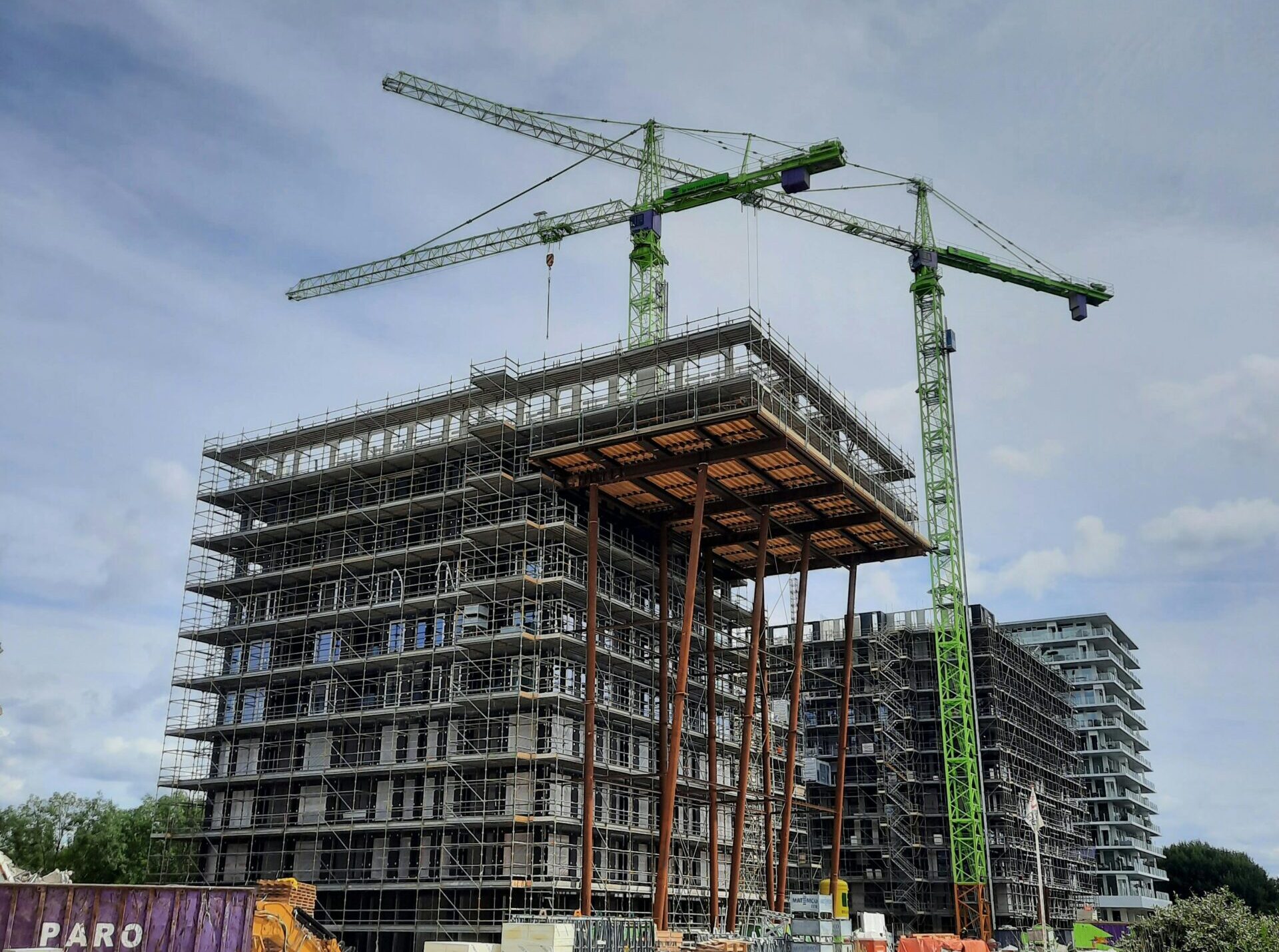Alberta is experiencing an unprecedented surge in housing starts, marking a significant milestone in the province’s real estate market. In the first six months of 2024, housing starts have increased by a remarkable 54 percent, with over 21,500 new homes commencing construction. This boom has been driven by a combination of policies reducing red tape and lowering development costs.
According to data from the Canadian Mortgage and Housing Corporation (CMHC), Alberta set a new record in June for the highest number of housing starts in the first half of a year. This achievement highlights the province’s robust housing market and the effectiveness of its strategic initiatives to foster growth. While the rest of Canada saw a modest seven percent increase in housing starts, Alberta’s performance has been extraordinary.
Jason Nixon, Minister of Seniors, Community and Social Services, emphasized the government’s role in this boom. “Alberta’s effort to reduce red tape and remove barriers to building homes continues to show success. While housing construction has slowed down in other large provinces, Alberta’s housing construction is booming. Our government will continue to ensure that Alberta keeps building to meet housing demand,” Nixon stated.
The government’s approach includes streamlining regulations, providing incentives for housing construction, and supporting innovative building strategies. These measures have created a conducive environment for developers, resulting in a significant increase in housing projects across the province.
The housing boom is most evident in Alberta’s major urban centres. Edmonton and Calgary have both seen substantial increases in housing starts, with Edmonton experiencing a 67 percent rise and Calgary a 38 percent increase compared to the same period last year. This surge reflects the growing demand for housing in these cities and the effectiveness of the policies implemented to meet this demand.
Scott Fash, CEO of BILD Alberta Association, acknowledged the vital role of government policy in this growth. “Alberta’s record-breaking pace in housing starts demonstrates industry’s dedication to building attainable housing, supported by a vital partnership with the Government of Alberta. Government policy significantly influences industry’s ability to develop new inventory for all Albertans. Effective policies empower builders to enhance efficiency, meet the needs of Alberta’s growing population, and expand housing options for all,” Fash noted.
The growth is not limited to the major cities. Smaller communities like Red Deer and Lethbridge have also seen significant increases in housing starts. Red Deer’s housing starts have surged by 193 percent, while Lethbridge has seen a 266 percent rise.
In addition to facilitating new housing starts, the Alberta government is investing heavily in affordable housing. By the end of March, the government had committed $179 million to 1,187 units of affordable housing, with further investments in units currently under construction and recently completed. These efforts are part of a larger $9 billion investment plan aimed at supporting 25,000 additional low-income households by 2031.
The surge in housing starts has significant implications for Alberta’s economy and social landscape. The construction industry is experiencing a boom, creating jobs and stimulating economic activity. Moreover, the increase in housing supply is expected to help address the affordability issues that have plagued many parts of the province.
However, this rapid growth also poses challenges. Ensuring that infrastructure and services keep pace with the expanding housing stock is crucial. The government and private sector must work collaboratively to ensure sustainable development that meets the long-term needs of Alberta’s residents.
With housing starts up by 54 percent in the first half of 2024, the province is setting new records and positioning itself as a leader in addressing housing demand. As Alberta continues to grow, maintaining a balance between rapid development and sustainable living will be key to ensuring the well-being of its residents and the continued prosperity of the province.

